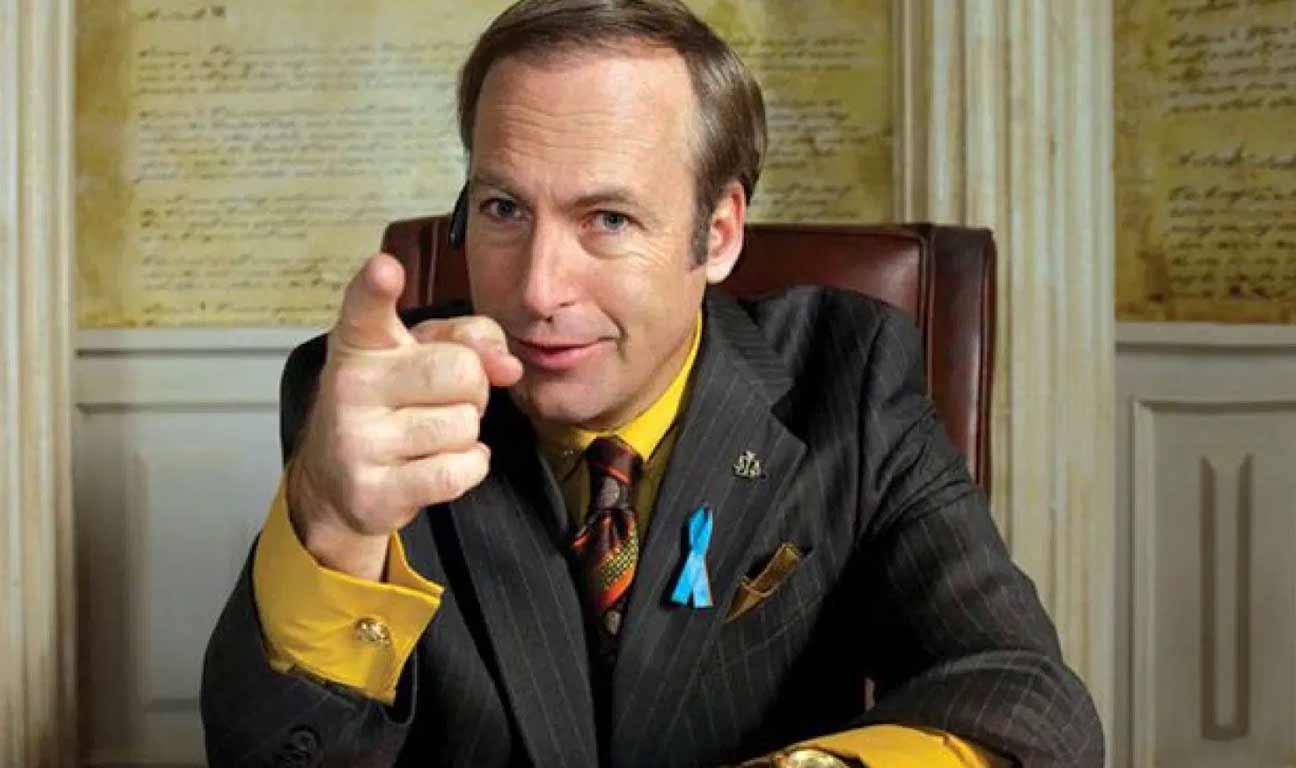By Legacy Plan, January 15th, 2024
Family drama, ethical dilemmas, feelings of grief and rejection — these weighty issues probably don’t come to mind when you think about estate planning. Yet, they are pivotal themes explored in the hit TV series “Better Call Saul.” This acclaimed prequel to “Breaking Bad,” which concluded in 2022 after six seasons and is available on streaming networks, offers an intricate look into the world of a shady lawyer where complex legal battles intertwine with raw human emotions.
At first glance, a show about the questionable exploits of an attorney dabbling in criminality seems far removed from the dry realm of wills and trusts. However, amidst the exaggeration and artistic license lies poignant commentary on real-world complexities surrounding estates. The show’s central character, Jimmy McGill, and his turbulent tale highlights crucial planning considerations including asset distribution wishes, powers of attorney, business succession and the profound emotional aftermath estate matters trigger. His transformation into the infamous Saul Goodman serves as a cautionary reminder of how lapses in diligence and ethics can fuel conflict and lead to major repercussions.
While scenes depicting dramatic family disputes or ethically ambiguous legal maneuvers make for enthralling TV drama, they underscore issues people contend with daily when planning how to pass on their legacy. Examining pivotal “Better Call Saul” plotlines provides an insightful examination into multifaceted estate planning challenges. The show makes these weighty matters more engaging and accessible through well-crafted characters like the McGill brothers. Ultimately, it emphasizes how at its core, estate planning affects not just asset allocation but people and relationships.
legacyassuranceplan.com





